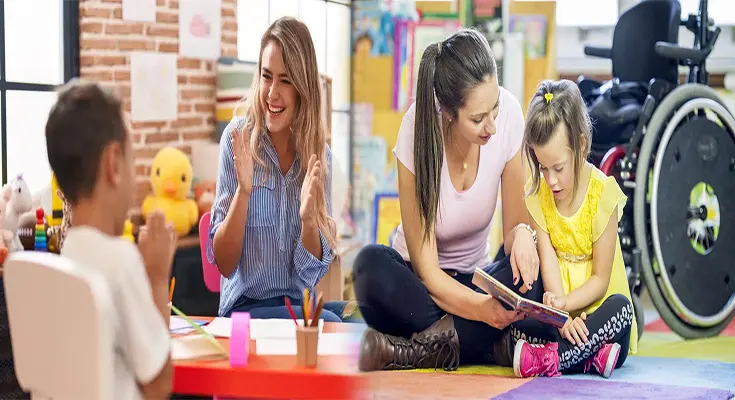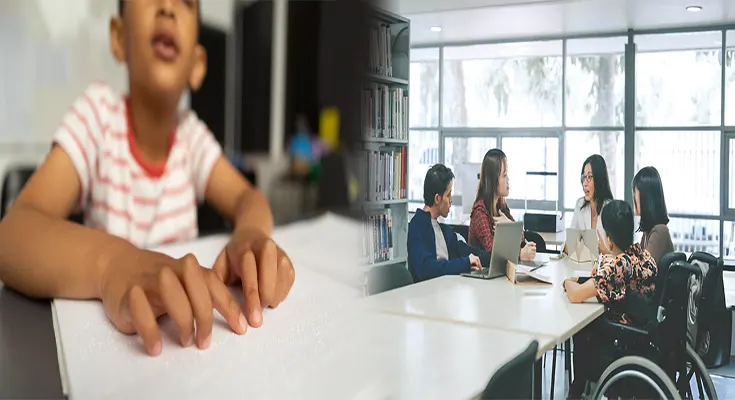
Developing Effective Individualized Education Programs (IEPs) for Children with Autism
Creating effective Individualized Education Programs (IEPs) tailored to the unique needs of children with autism is essential in providing the necessary support for their academic, social, and emotional development. An IEP serves as a roadmap for educational planning, outlining specific goals, accommodations, and services designed to address the individual strengths and challenges of each child. Developing impactful IEPs for children with autism requires a comprehensive understanding of the condition and a collaborative, person-centered approach.
Understanding Autism Spectrum Disorder (ASD)
Autism Spectrum Disorder (ASD) is a complex neurodevelopmental condition that manifests in diverse ways, impacting an individual’s communication, social interaction, and behavior. Recognizing the unique characteristics and needs of children with autism is fundamental in crafting effective IEPs that cater to their specific requirements and strengths.
Person-Centered Planning and Collaboration
Developing an IEP for a child with autism should be a collaborative effort involving parents or guardians, special education professionals, general …
Developing Effective Individualized Education Programs (IEPs) for Children with Autism Read More

